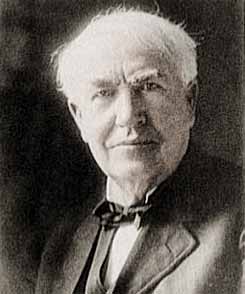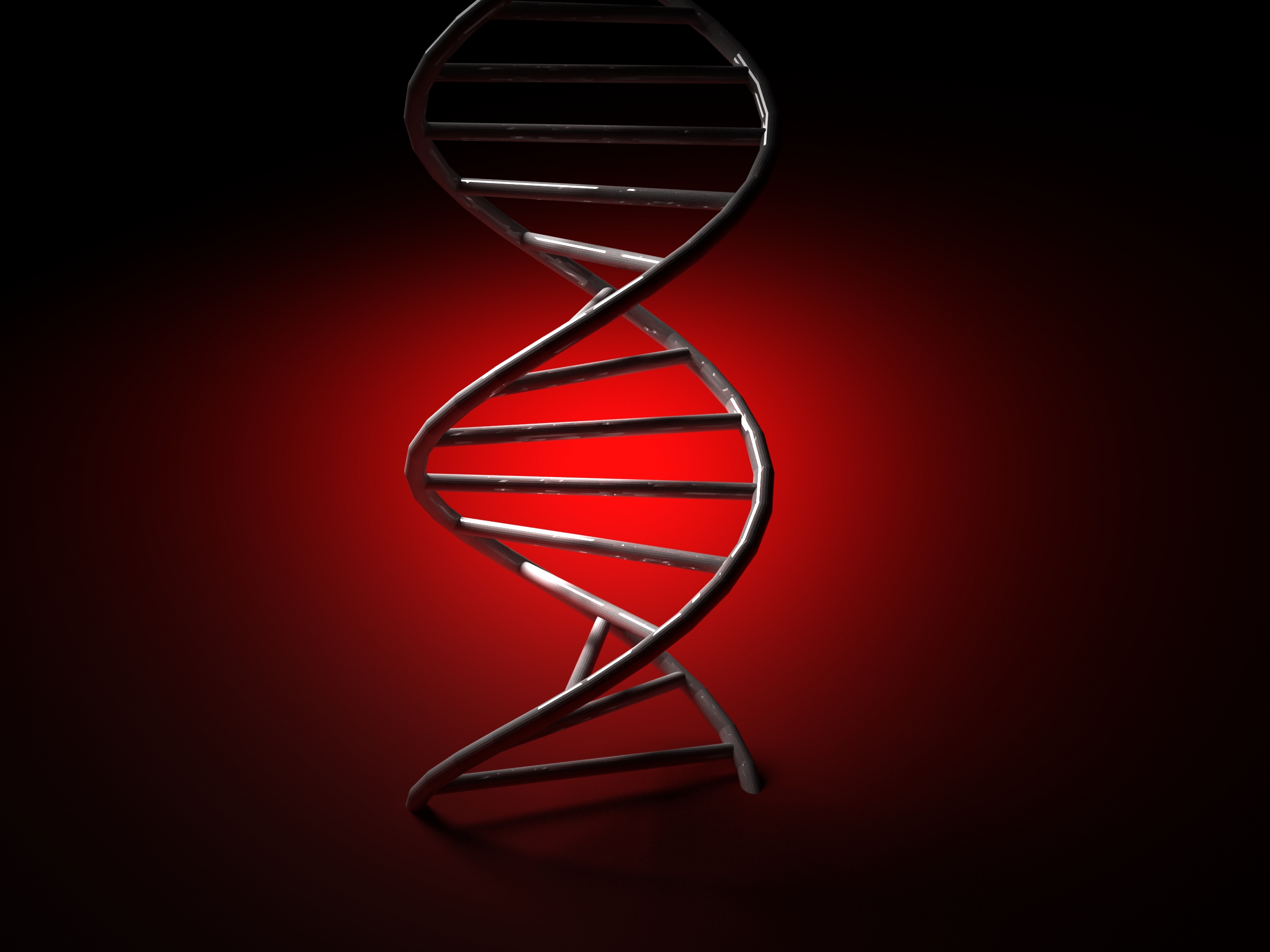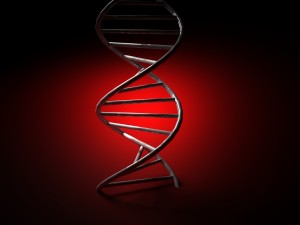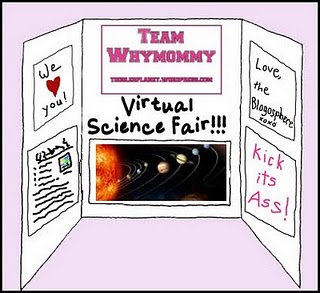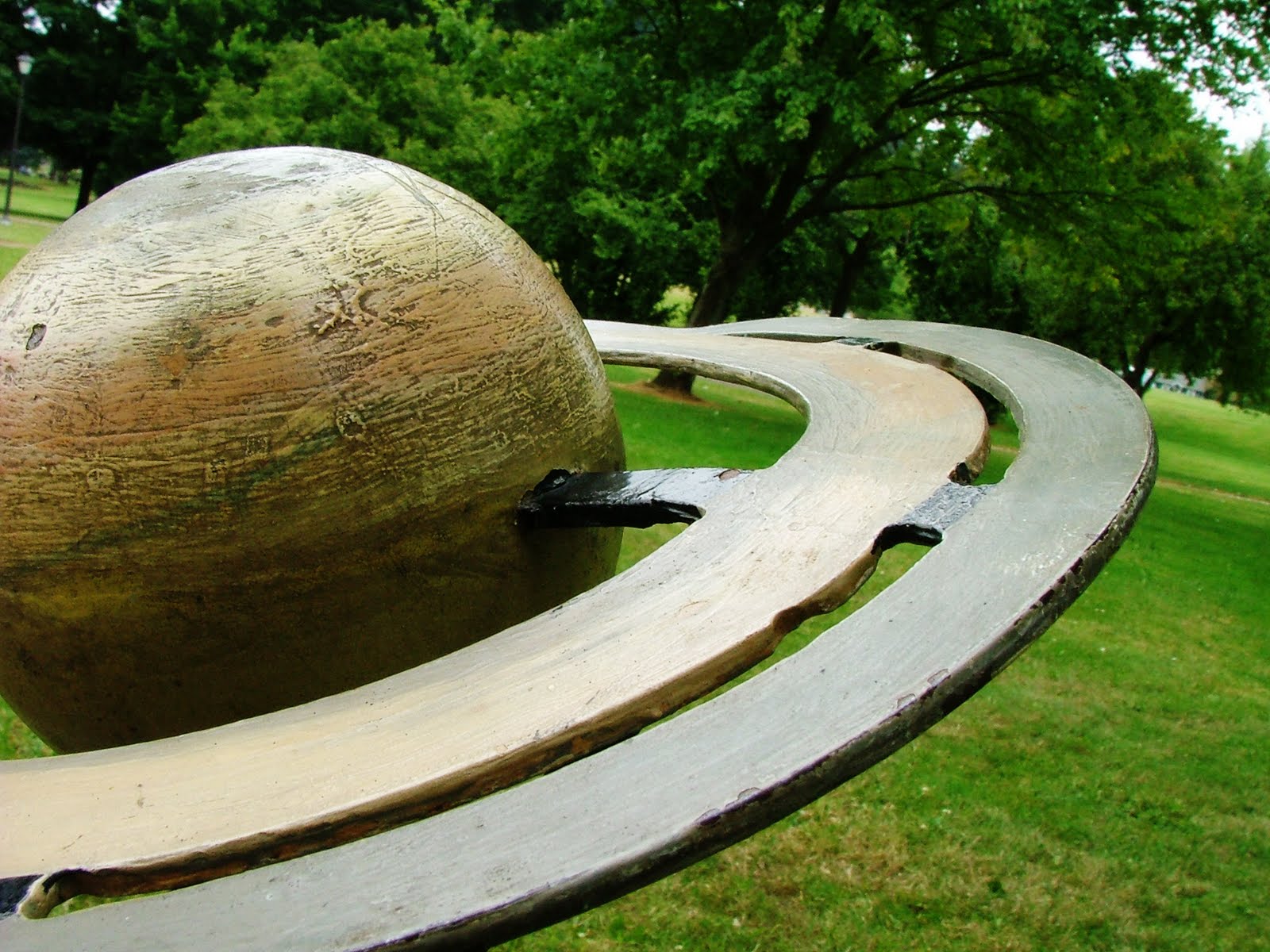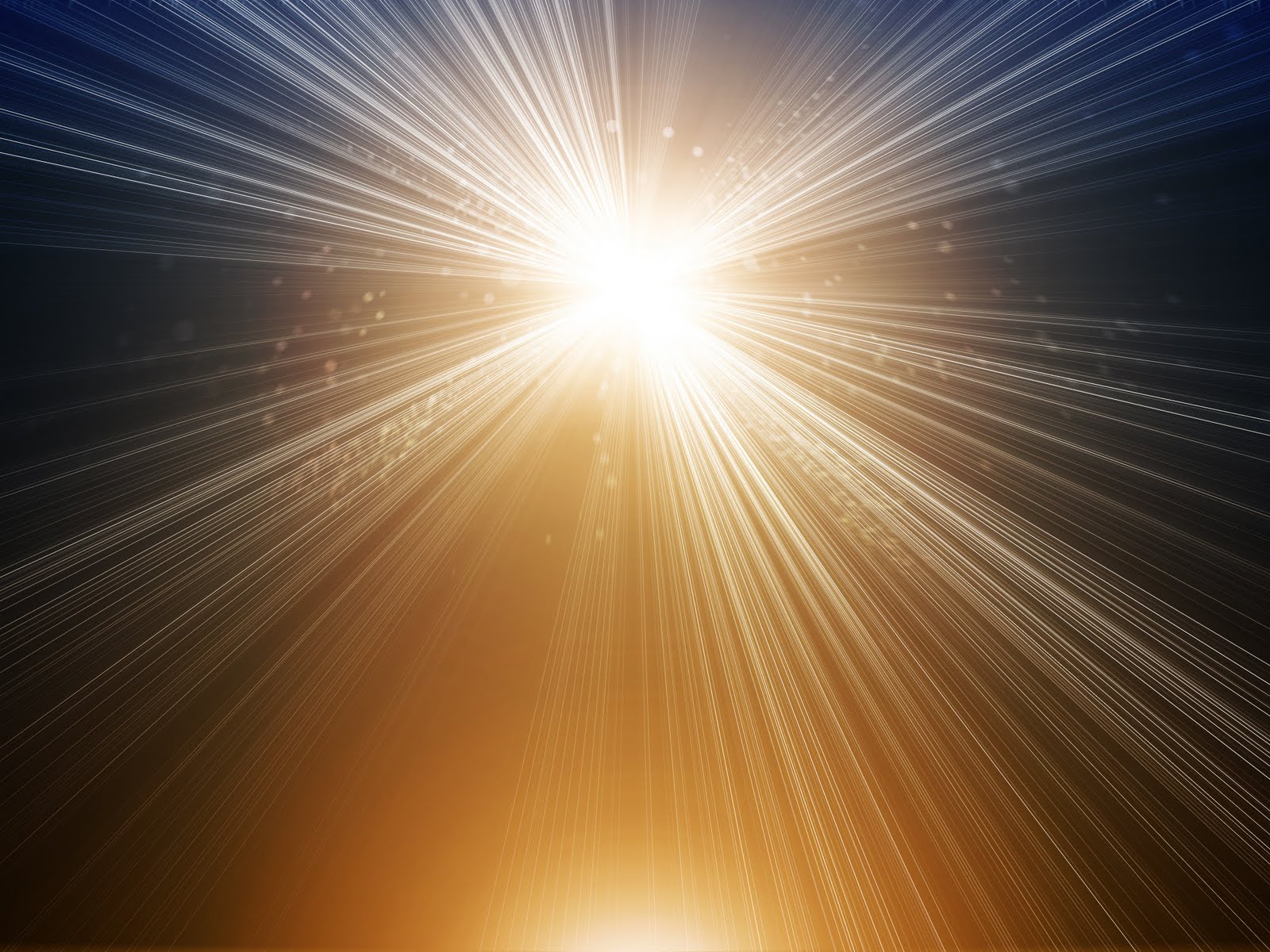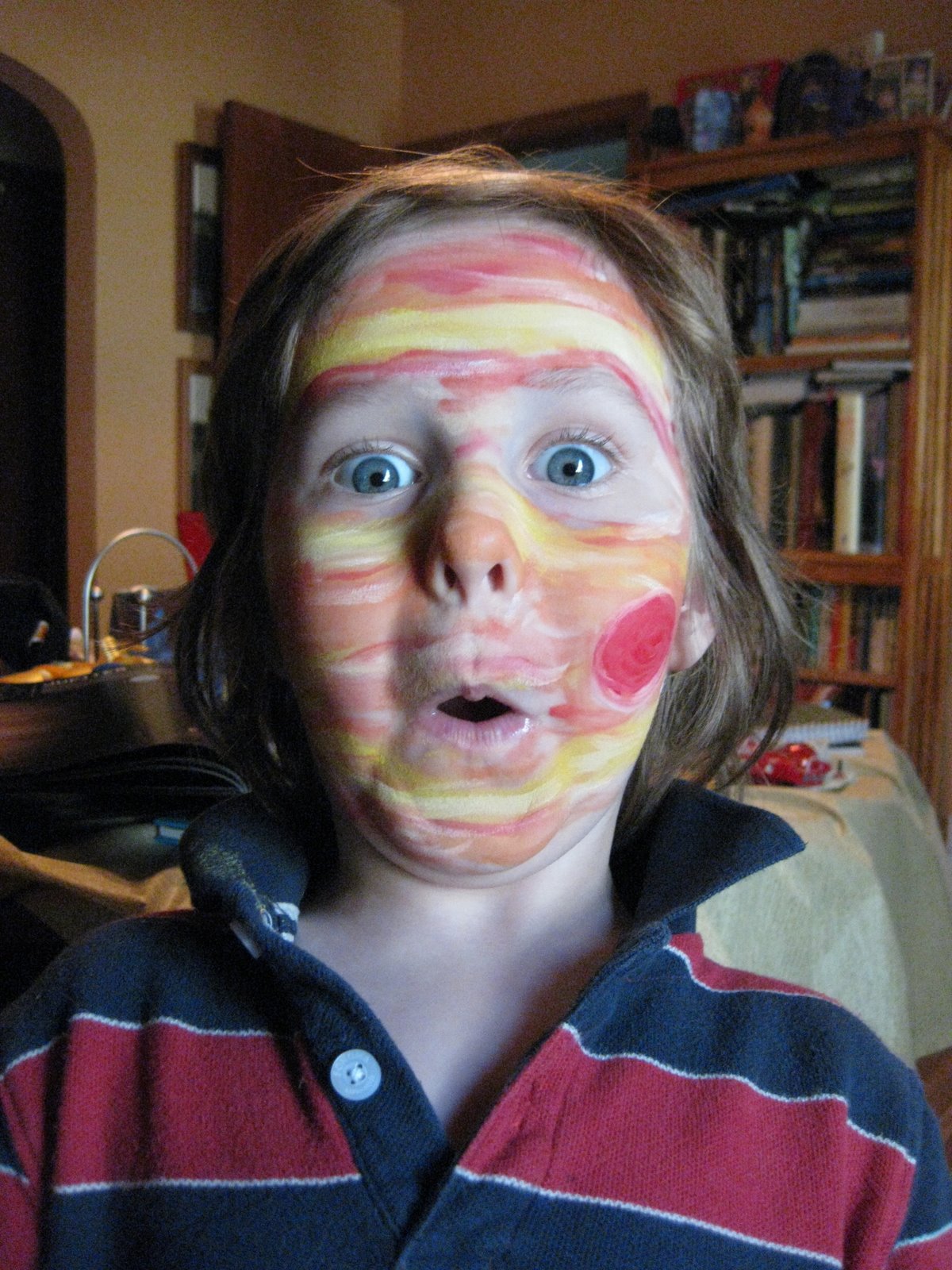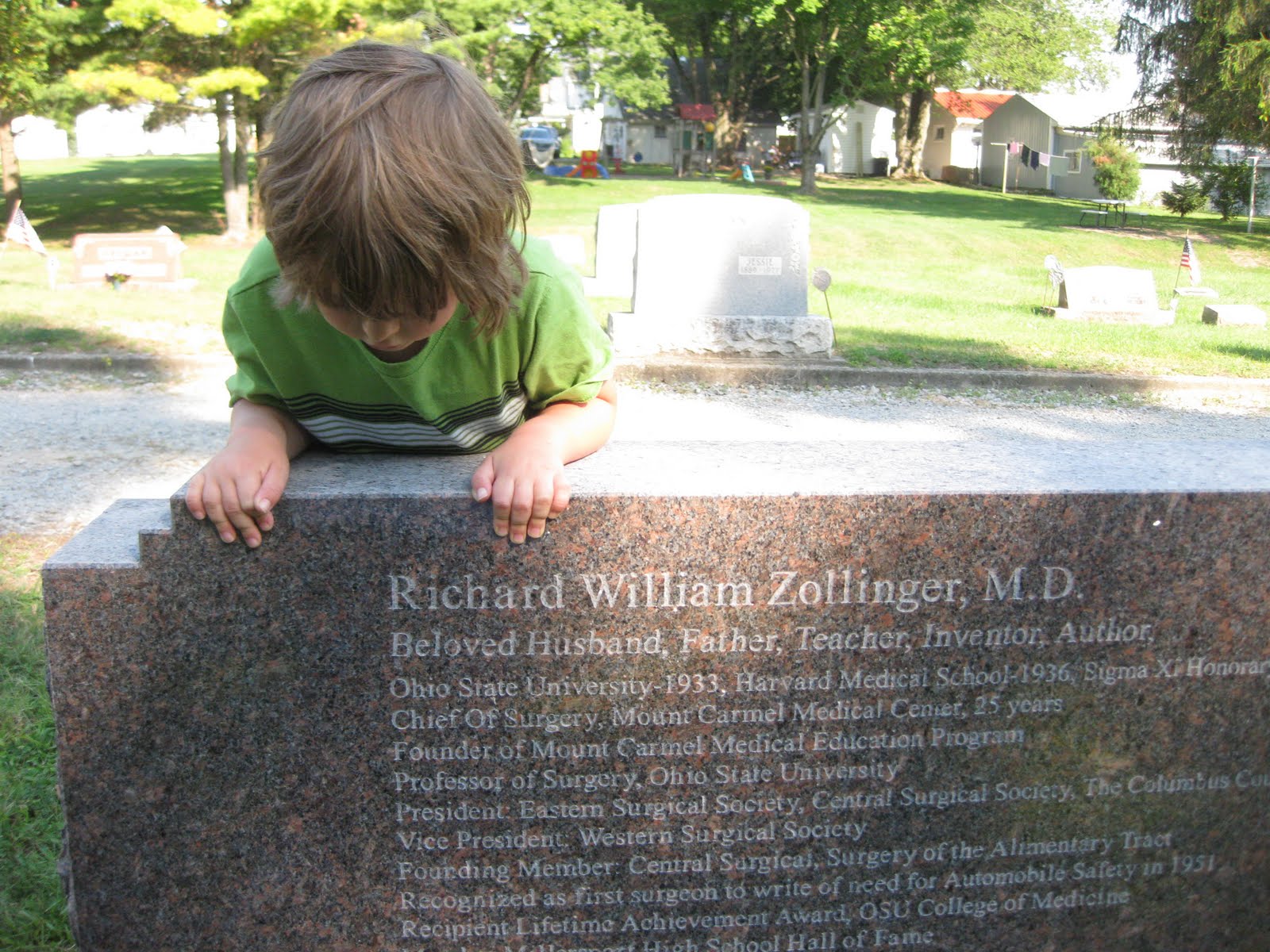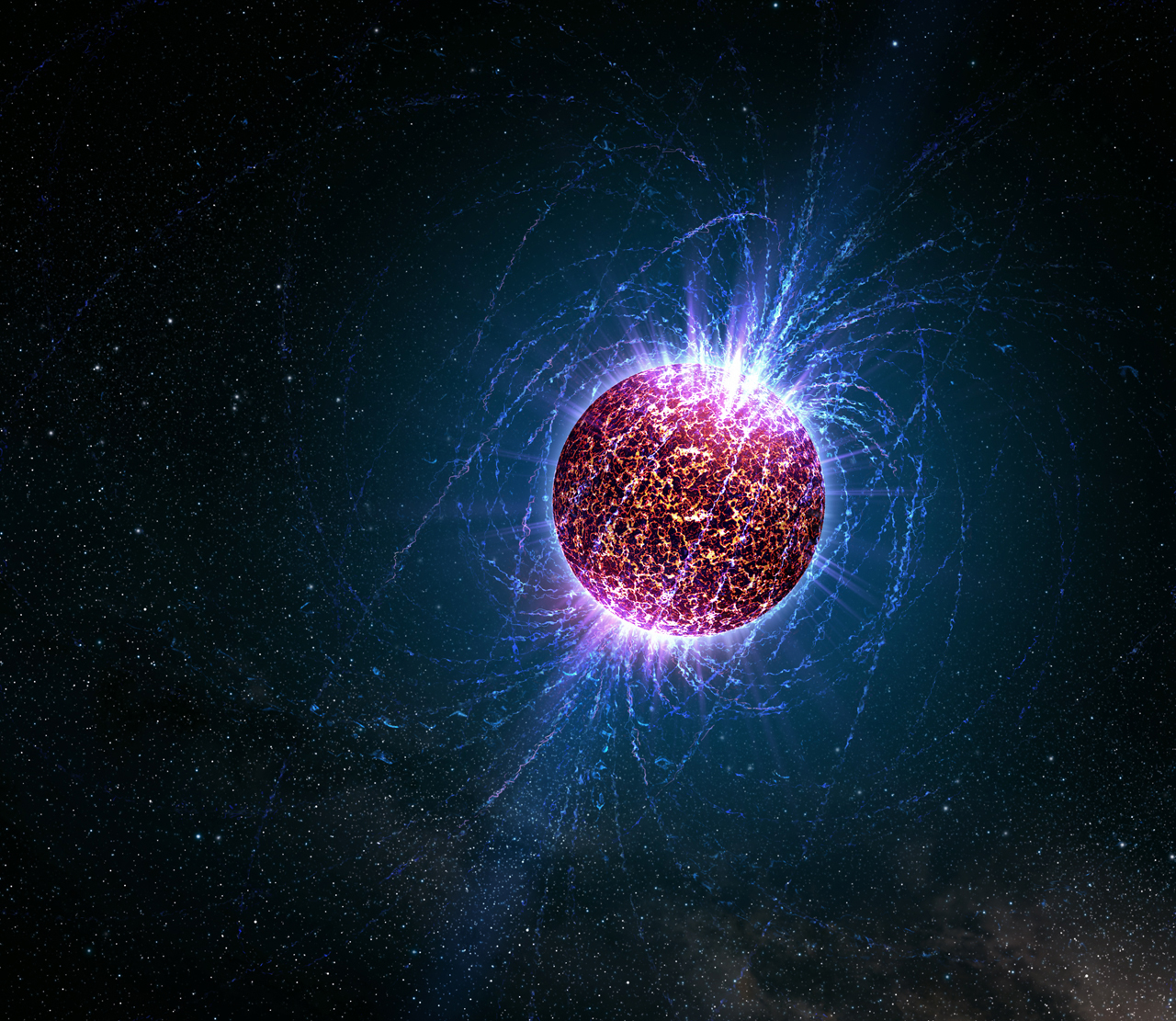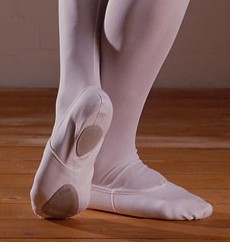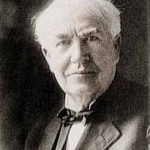 My mom broke into bedtime last night to deliver “good news and bad news” to me.
My mom broke into bedtime last night to deliver “good news and bad news” to me.
Apparently we are descendants of early U.S. settler Richard Treat, which means that we are distant relations of many historical figures I’m not all that fond of, including Samuel Colt (who popularized the revolver), Henry Ford II and (ahem) the Bush presidents. It’s no wonder these people have gotten under my skin so much over the years… they’re family!
This also makes us distant relatives of Thomas Edison, author Stephen Crane, Robert Treat Payne (a signer of the Declaration of Independence), actor Treat Williams and writer/playwright Tennessee Williams. Some good news there, indeed.
I really didn’t have time to process this as I was trying to get my son to sleep early for the last night of spring break. We were reading “Merlin’s Tour of the Universe” by Neil de Grasse Tyson (in which he pretends to be an omniscient visitor from the Andromeda Galaxy). As I read the evening’s last paragraph, there was a joke about restaurants on the moon having no atmosphere.
“I don’t get it,” said Declan.
He knows that the moon has no atmosphere. but had no idea what would be different about a restaurant’s atmosphere than anyplace else on Earth.
“It’s a pun,” I said, and began describing restaurant atmosphere to him. He interrupted me when the switch went off in his brain: “Oh I get it, I get it. It’s an idiom and a pun.”
I lay there, hugging his soon-to-be-six-year-old body in my arms, wondering how long it will be before he starts correcting my grammar. This time next year? I fell asleep.
I woke up at 4:30, looked at my phone and found out that Osama Bin Laden is dead. I watched a recording of Obama’s speech and accidentally woke Declan up, who sat up and said, with a start: “Morgan Freeman said that! He said dogs were escaping, the hills were falling down…”
I’m not sure at all what that means, but, like most dream statements, I believe it to be true.
So I missed the news and the social media frenzy because I was dreaming about lightbulbs. Since I am rested this morning, I don’t think I’ll turn on the news for a while.
Usually, when I think of September 11, 2001, I feel a catch in my left knee. It’s a muscle memory of the last time I visited the south tower observation deck as a teenager, when it was so windy we couldn’t go outside. You could feel the structure swaying. I remember how my body tried to compensate for that unsettling feeling.
Today I don’t feel that, but I don’t think it’s because someone died. It’s because it’s disarming news, and my inner Pollyanna would like it to be just that. Disarming. News.
“Life is all memory, except for the one present moment that goes by you so quickly you hardly catch it going.” – Tennessee Willliams
